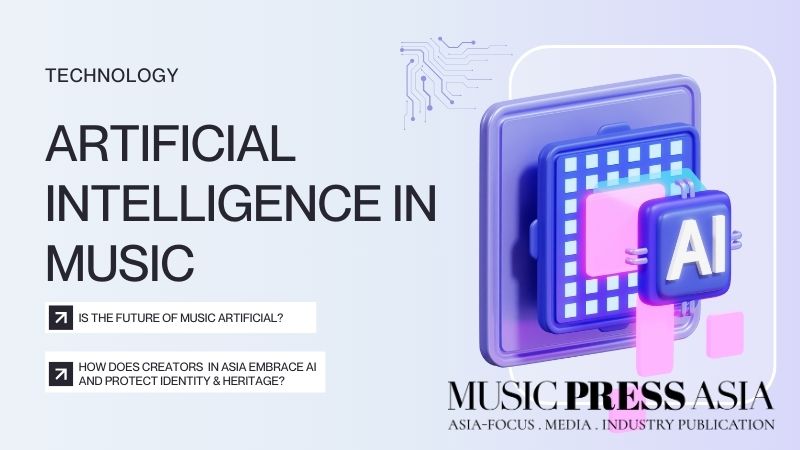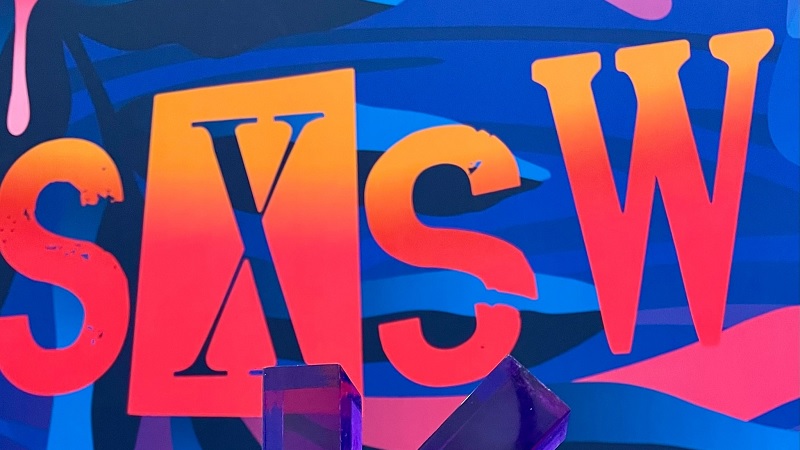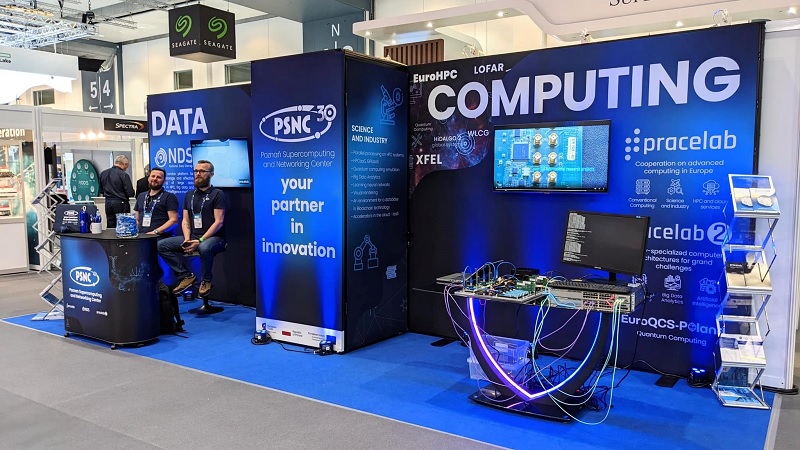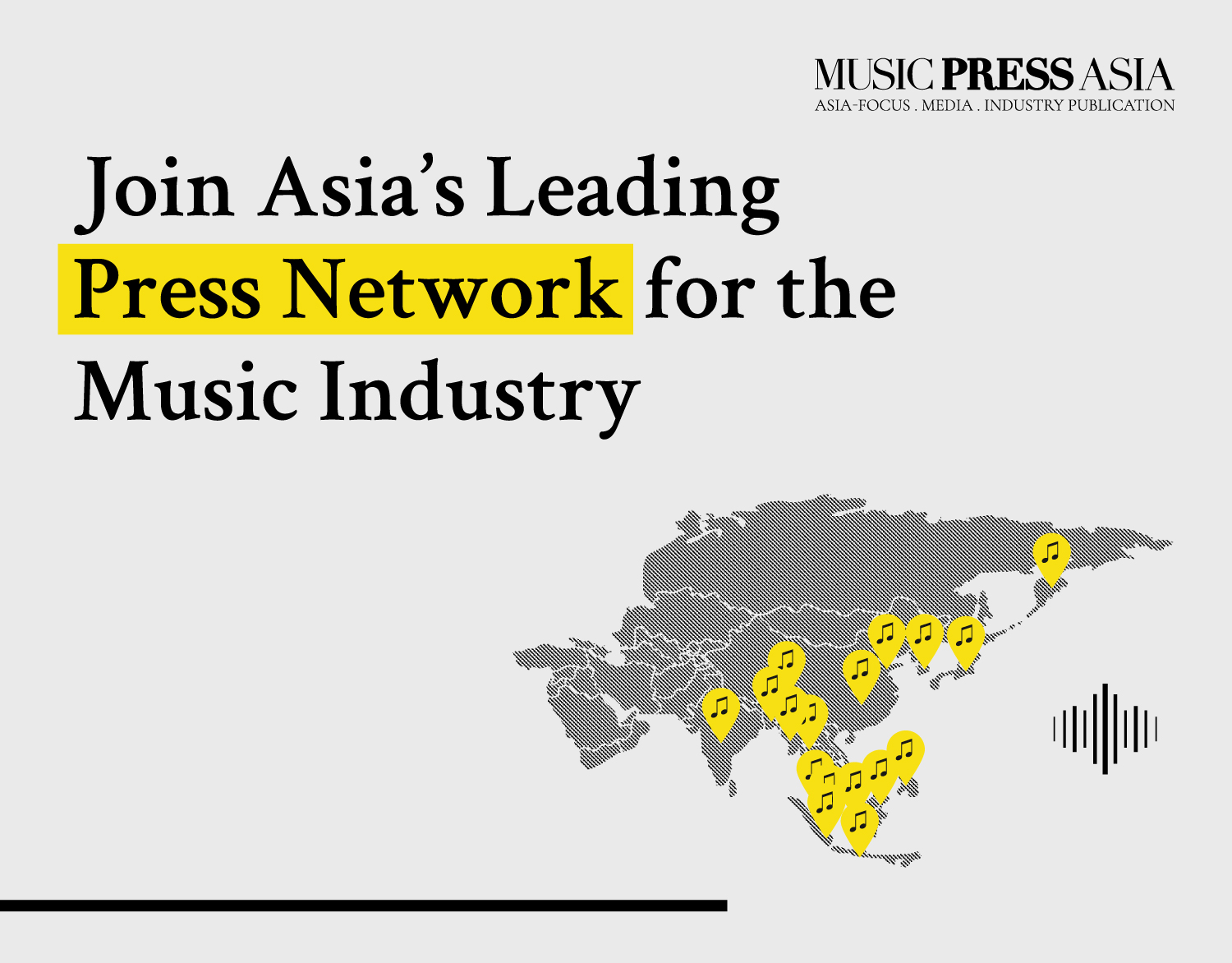Can Artificial Intelligence Overtake Creative Output?
![[Music Press Asia] Can artificial intelligence replace artists' creative output?](https://www.musicpressasia.com/wp-content/uploads/2019/10/AI-brain-notes-1-800x450.jpg)
[Music Press Asia] Can artificial intelligence replace artists' creative output?
Have you yet considered the implications of artificial intelligence in the music industry?
When a group of developers working at Microsoft Japan gave birth to the world’s first high-school-girl A.I., we began to foster the idea that the artificial intelligence world is on a sprint. Racing to cash in on its massive potential to ease human interactions, speed up processes and assist with household chores, we also discovered its creative side.
Catching the wave of A.I. and its implementation into all human-interactive gadgets including the smartphone, Rinna the AI like other A.I. began as a chatbot on LINE in 2015. By the time she had “graduated” from high school in March 2019, Rinna had amassed around 7.8 million users (figures as of May 2019).
The project has certainly amassed great traction and resulted in Rinna’s first rap debut single in 2016. She had also released ‘Saiko Shinkioku’, a cover song from the rock band, Bacho. Since then, Rinna or Microsoft Development Inc. rather, went on to sign a recording deal with Avex Entertainment to release its latest single, ‘Snow, Forest, Clock’.
Using Microsoft’s latest AI technology, the singing synthesizer’s ‘breath functions’ translates the breath out, or rather vocalist functions allowing it to sing in various vocal styles and with pitched-perfect realism.
The first question that came to mind wasn’t about the increasing competition between developing A.I technology with live performances. But rather, the sync industry itself.
While music production is a million dollar asset in the world of television and films, it is also likely that this newest technology is an addition to its growing line of possibilities when it comes to diversity, not creativity.
The musical element in entertainment has always been a division of creativity involving technologically advanced audio production machinery that could articulate music precisely. With creative input from humans, of course.
Without the data input, A.I. follows an articulate progression — learning and processing the creative algorithm that originates from us. However, using A.I. as a tool for creative purposes is of an entirely different disposition.
And so, what we have discovered is the magnifying presence of A.I. as a feature that promotes diversity — as an element that supports creativity. And in this case, like a new sound sample.
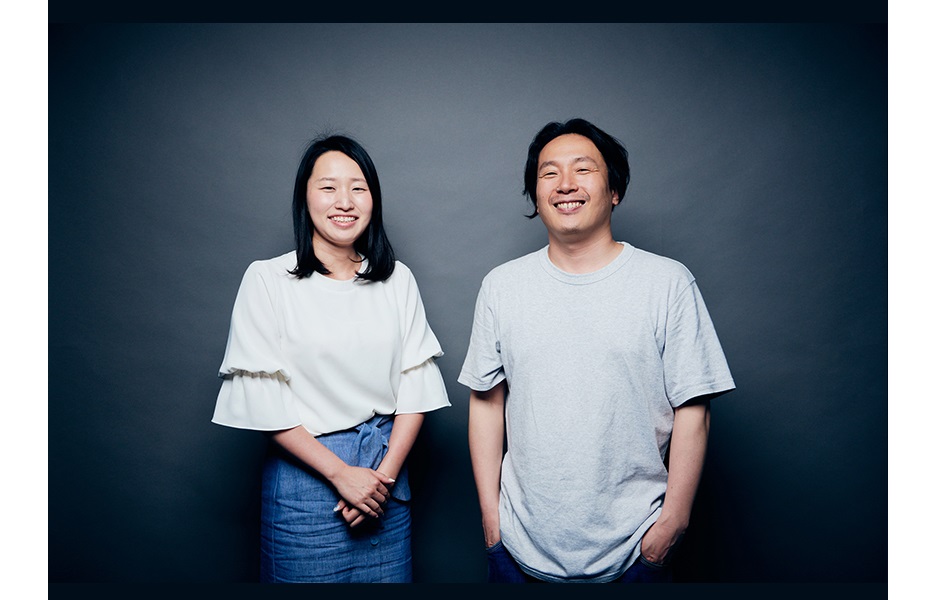
A.I. & Research division] and Shogo Nakamae [General Director at Avex
Entertainment Inc. Music Label Division, Creative Director’s Group] talked about
talent management of an A.I. and live concert experience in AR & VR
“Aesthetically, it would be difficult to believe that A.I. could actually replace the personality and characteristic of a musician or artists. And I refuse to believe that an A.I. can be more interesting than unpredictable creatures like us,” said a songwriter.
“Our creative output, music itself thrives on unpredictability. It makes us special and unique. Who knows what kind of algorithm an A.I. has been fed with?”
While MuseNet by Open AI can create a variation from memorizing up to a 4-minute musical input, Microsoft’s creativity is spurned from yet another perspective of artificial intelligence — perfecting sound in music entertainment.

Foreseeing competition between A.I. and real artists in the recording and sync industry in the future, Rinna the AI represent a growing need to advance massive possibilities in artificial intelligence. Imminently, replacing musician and artists sooner than we think.
Voice licensing as sound samples for production houses wouldn’t seem too impossible at this stage. A crude reminder that samples of creativity can now be licensed, indefinitely, just like Robin Wrights’ character played in the film ‘The Congress’.
The full conversation between Kazuna Tsuboi [Program Manager at Microsoft Development Co., Ltd
A.I. & Research division] and Shogo Nakamae [General Director at Avex
Entertainment Inc. Music Label Division, Creative Director’s Group] can be found here.

